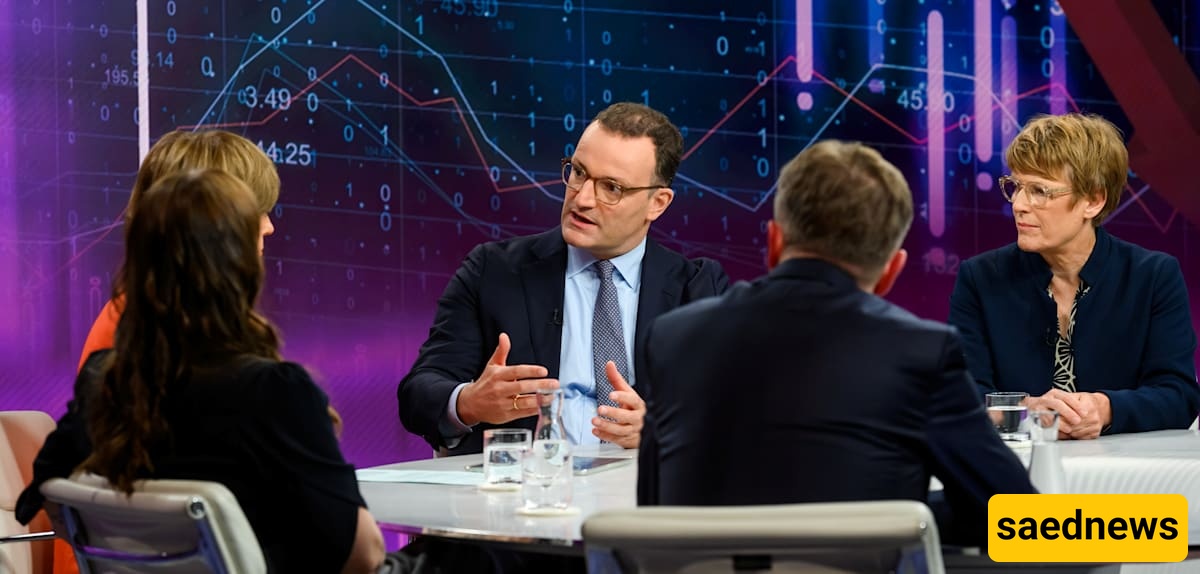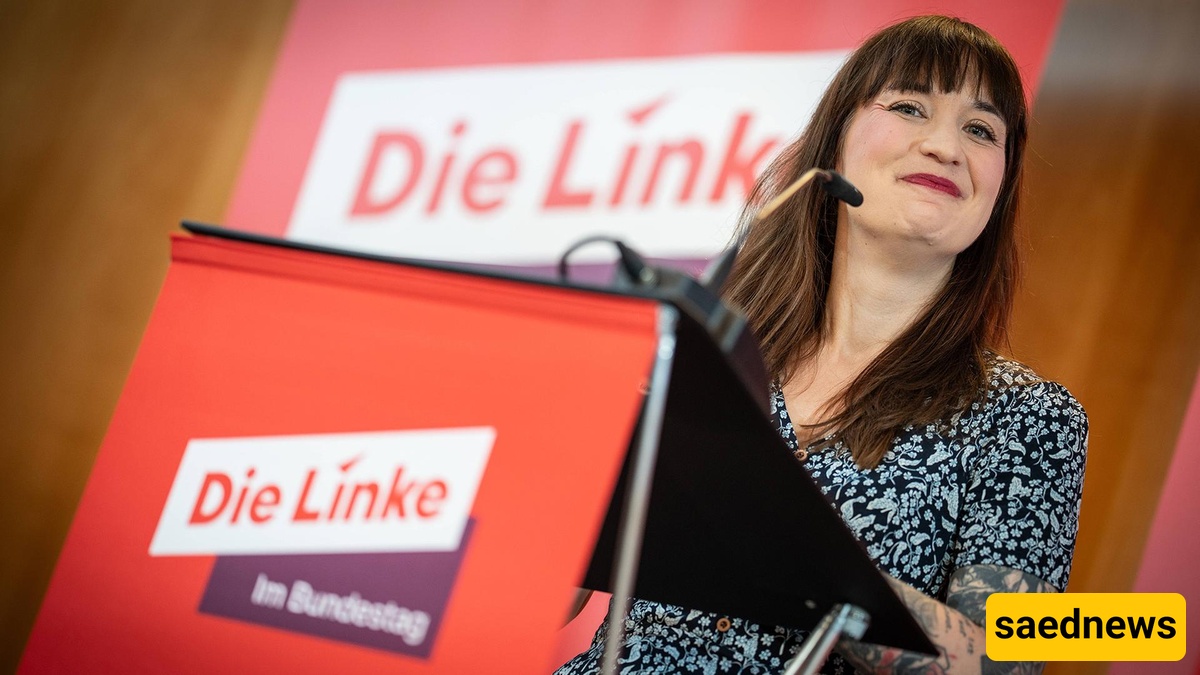SAEDNEWS: At ZDF’s Maybrit Illner, Jens Spahn (CDU) and Heidi Reichinnek (Die Linke) clashed over welfare reform, tax justice, and wealth inequality — and at one point, Spahn sounded surprisingly like a leftist.

According to Saed News; The latest episode of ZDF’s political talk show Maybrit Illner promised a night focused on Europe’s tense security landscape, but the discussion quickly turned inward — to Germany’s welfare system, taxes, and fairness.
The Guests:
Jens Spahn (CDU), leader of the parliamentary Union faction
Heidi Reichinnek, leader of Die Linke in the Bundestag
Veronika Grimm, economist
Jens Südekum, economist
Markus Feldenkirchen, journalist at Der Spiegel
What unfolded was a broadcast full of clichés, long-winded arguments, and — surprisingly — a moment when Jens Spahn sounded almost indistinguishable from a young socialist.
Illner warned viewers they would need patience, and she was right. The first half dragged with familiar calls for reform. Spahn repeated his mantra: “We need growth. Debt alone is not enough.” He proposed fundamental changes to social insurance systems, while Reichinnek countered that Germany could afford its welfare state and should instead focus on ending “two-class healthcare.”
The heart of the show was a meandering debate about Bürgergeld (citizen’s allowance). Spahn insisted: “Those who can work and refuse a job are not the weakest.” Reichinnek fired back that such cases were rare, and real hardship was borne by single parents and low-income workers.
Economists agreed that cutting Bürgergeld would save little. Grimm supported cuts as work incentives, while Südekum advocated better support for the unemployed. Spahn estimated savings of “three to five billion euros,” framing the issue not as budgetary but moral: “This is about justice.” Reichinnek responded with a call for higher minimum wages and progressive taxation.

Then came the twist: Spahn acknowledged Germany’s wealth inequality. “Income is distributed relatively fairly,” he said, “but wealth distribution is a real problem. Those who had wealth always gained more.” It was a striking admission for a CDU leader — language that could have come straight from the Jusos, the SPD’s youth wing.
However, Spahn left his diagnosis hanging. He ruled out a wealth tax, deferred to an upcoming constitutional ruling on inheritance tax, and emphasized that “now is not the time for tax increases.”

Spahn also admitted the limits of political promises. Asked why CDU leader Friedrich Merz had pledged a “mood shift by summer,” Spahn conceded bluntly: “The mood is not better. It didn’t work. Point. End.”
Near the end, Spahn shed his conciliatory tone and attacked Die Linke outright: “You talk nicely, but at the core, you want another system. Socialism won’t work with Ms. Reichinnek any better than it did with Honecker.” He even accused some Left Party members of celebrating violence against U.S. conservative influencer Charlie Kirk — claims that Illner referred to a later fact-check. Reichinnek strongly rejected the allegations.

While the show lacked clarity on policy solutions, it exposed the ideological battle over Germany’s future: whether to save money by cutting from the bottom, or to redistribute from the top. And in a rare twist, Jens Spahn momentarily blurred party lines, raising questions about inequality that will not disappear anytime soon.

